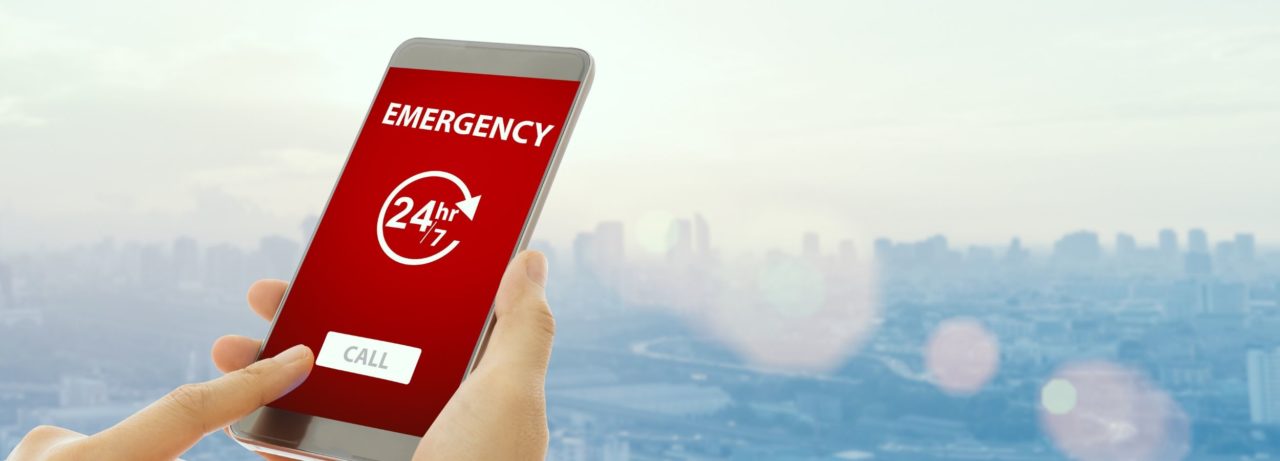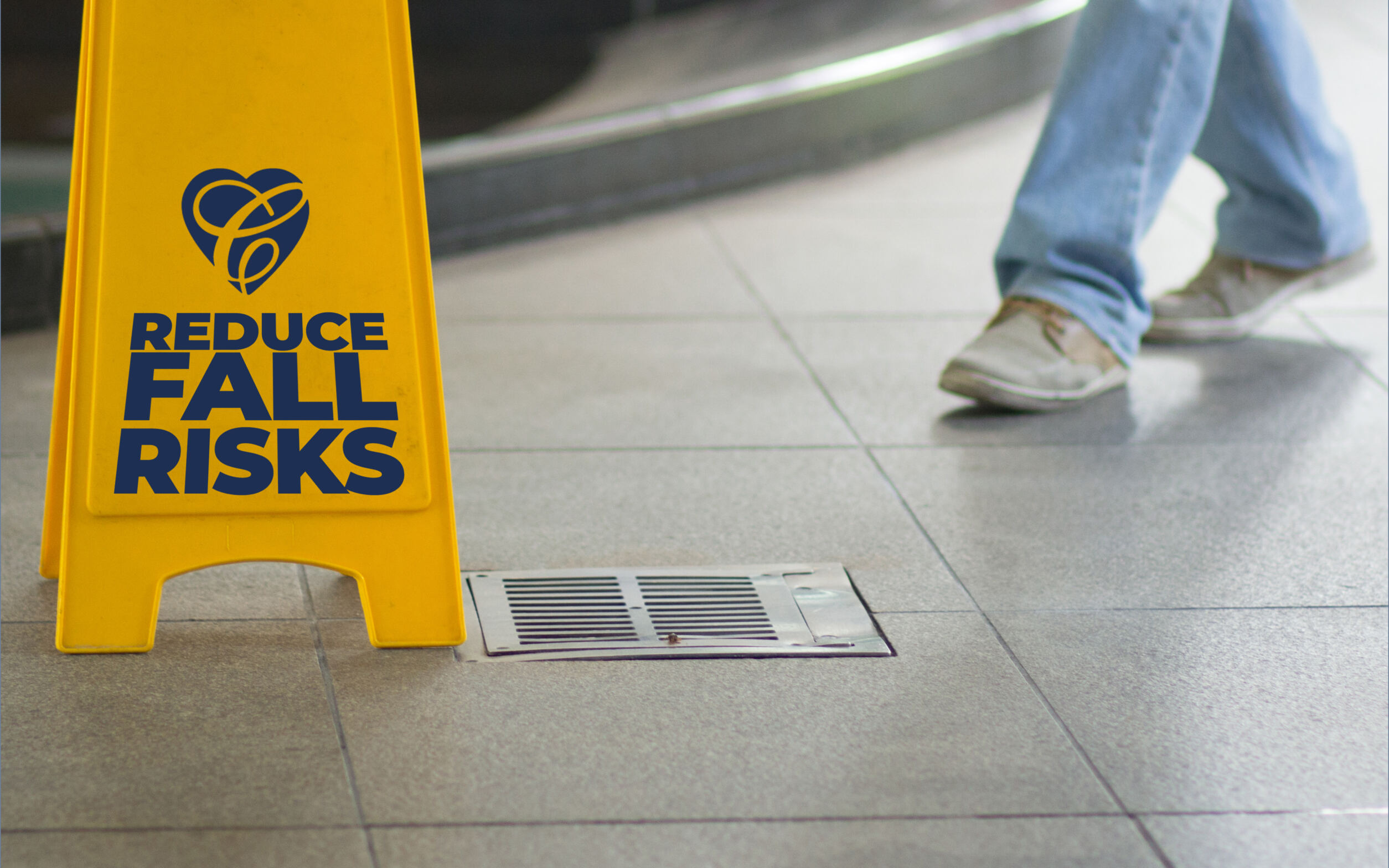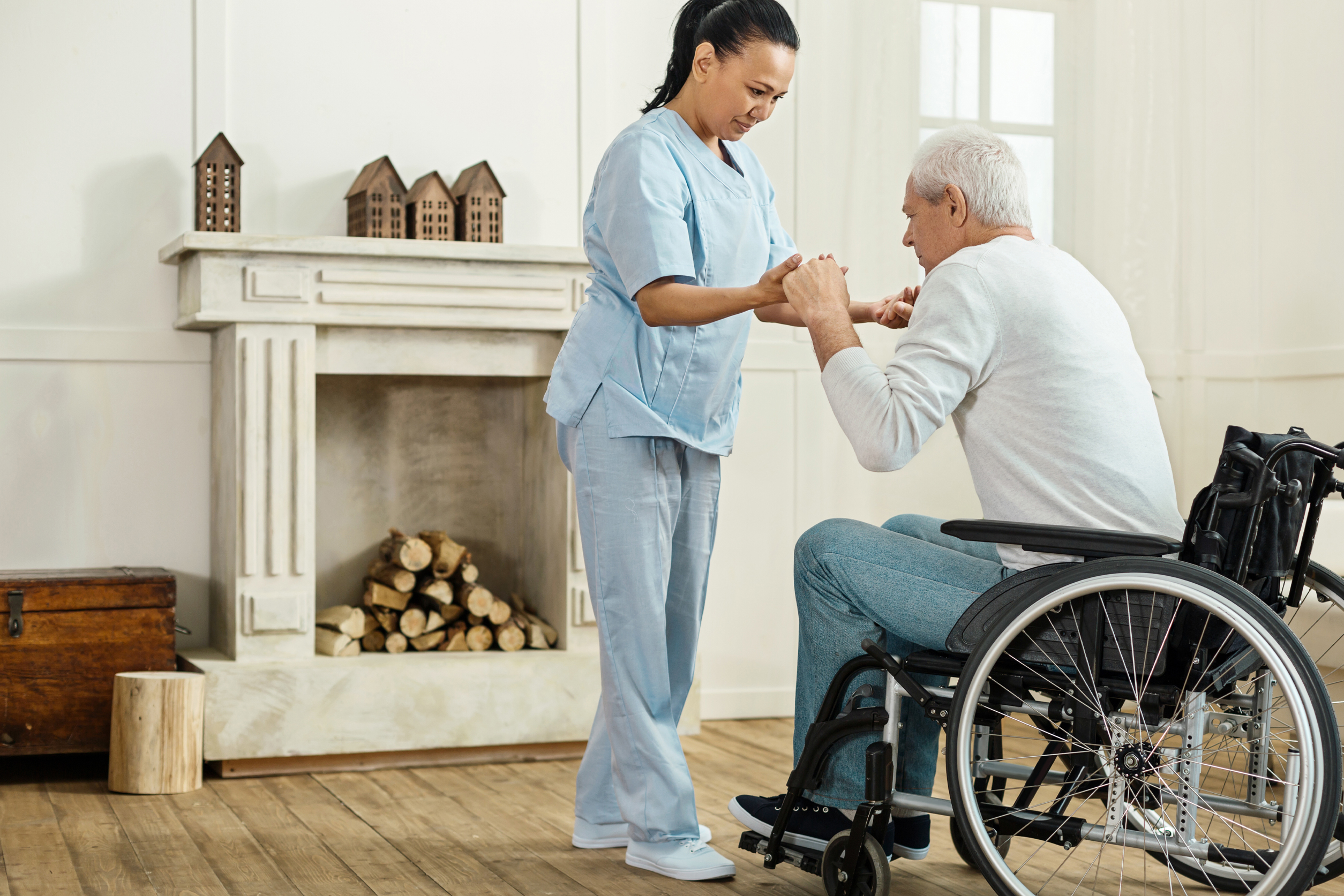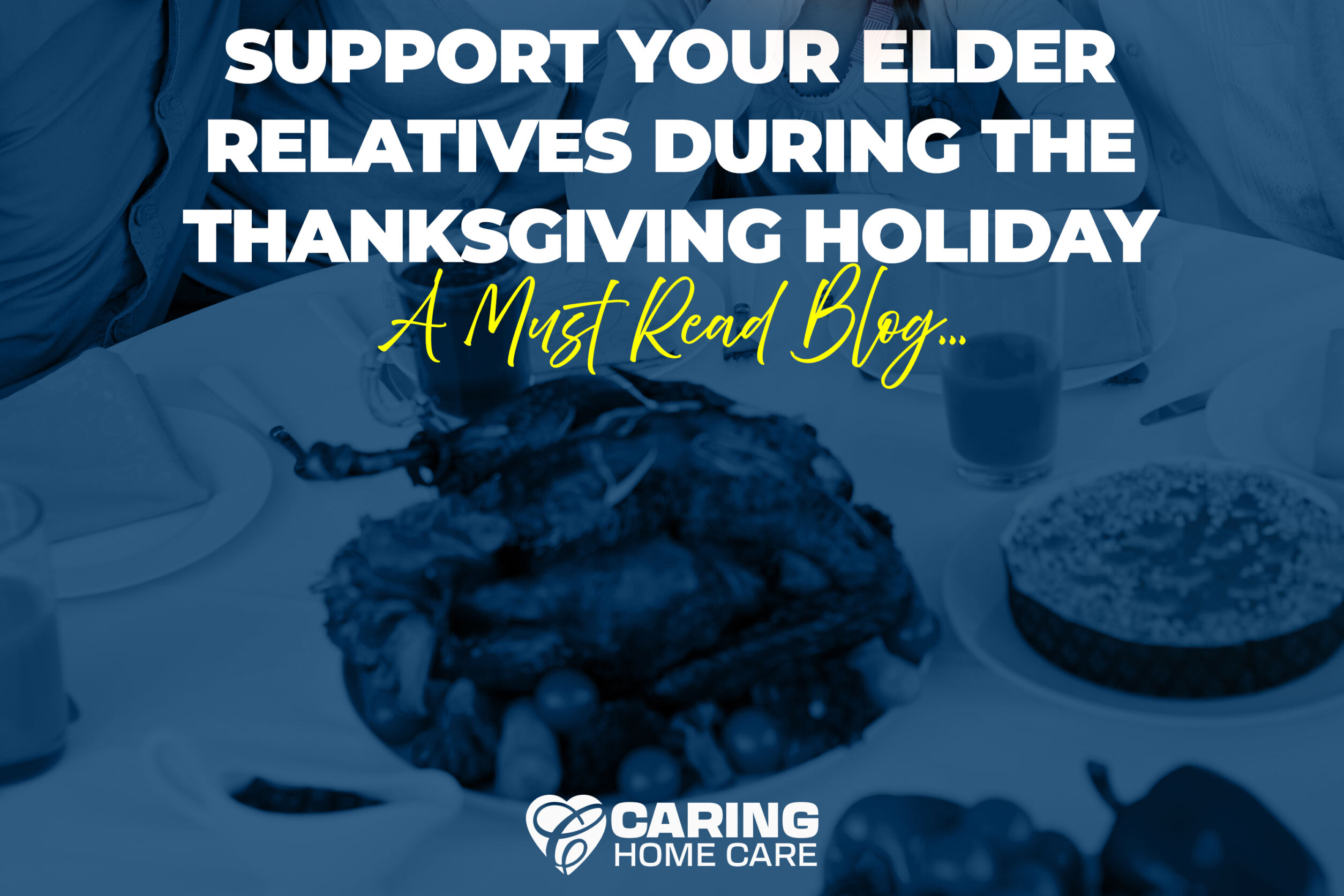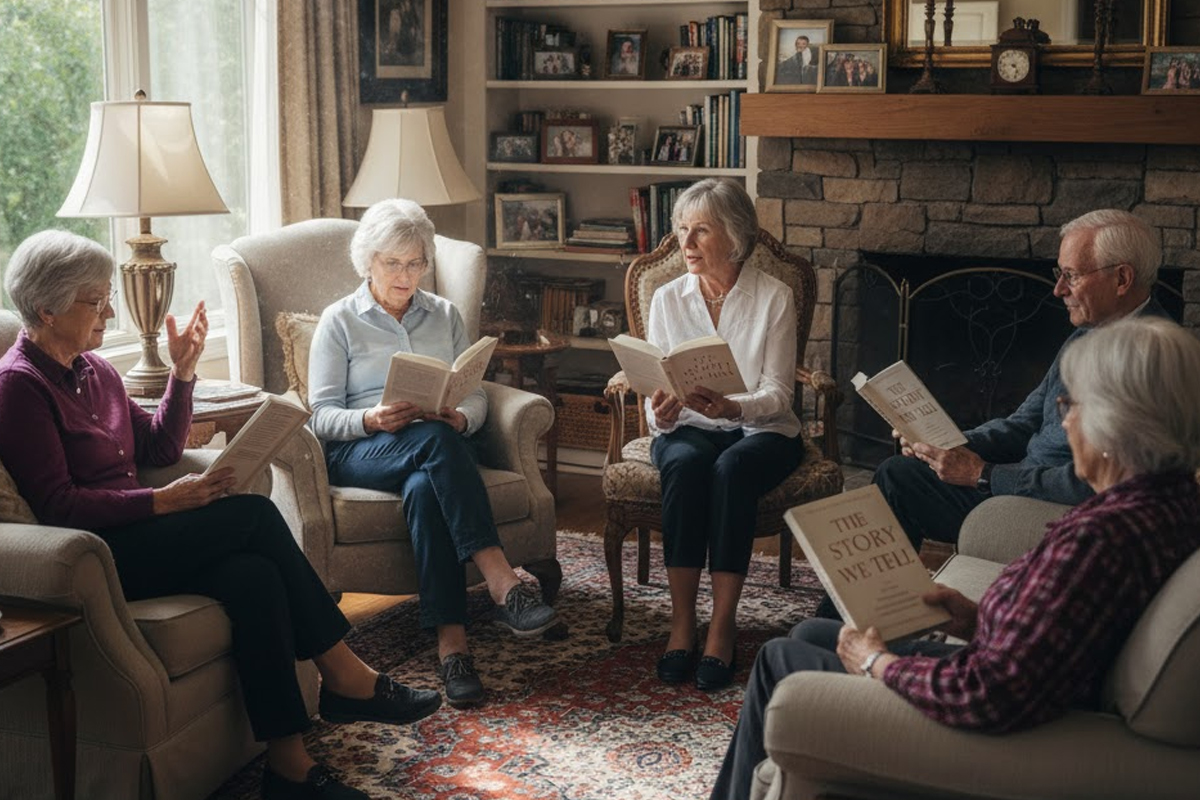Share
As your loved one gets older it’s only natural that you worry about his or her safety. The thought of an accident happening with no one around to help is an understandable concern. Getting a medical alert system is a great idea to mitigate the risks of your loved one living at home alone. Before you rush into buying one, it’s important to understand how they work and the different options that are available.
An Overview of Medical Alert Systems
A medical alert system is a personal medical device that connects your loved one to medical services in the event of an emergency. It’s particularly helpful for a senior who lives alone doesn’t have nearby family or friends, and is prone to falling or takes medications that trigger side effects that could require medical attention.
There are numerous brands of medical alert systems, such as QMedic, RescueTouch, and Medical Guardian. Some of them are only usable at home and have a base station that connects to a wearable device. Others connect to a cellular signal so that they can be used anywhere.
Also, medical alert systems are either monitored or not. The monitored systems connect seniors to emergency monitoring centers when they push the button on the wearable units. The dispatchers assess their situations and send the appropriate help.
When dispatchers can’t communicate with the seniors, they automatically send emergency assistance. The non-monitored systems connect seniors to designated contacts instead, such as a neighbor, family member, or 911.
Functions and Features to Consider
When you consider buying a medical alert system for your loved one, you need to decide on the functions and features that are most important. For instance, should the emergency button contact a monitoring center or a preprogrammed contact? Do you need it to locate your loved one too? Some other functions include fall detection, medication assistance, and emergency help in case of a home invasion or fire.
Consider whether you want your loved ones wearable to connect to a base unit in the home or a cellular signal to use outside of the home. Perhaps you would like it to connect to an online portal or mobile app that allows you to manage additional features. Some wearables also feature extended battery life and water resistance.
The Cost of a Medical Alert System
One of the first things that you’ll notice about medical alert systems is the varied cost. Most companies are set up on monthly, quarterly, or annual subscriptions. Some charge a fee to rent the equipment, so you return it when you terminate the service. Others sell you the equipment, which you keep.
No matter which medical alert system that you choose, make sure that you review the extra fees for services such as activation, repairs, and shipping. Ask about whether there are long-term contracts, price locks, or cancellation fees. In addition, request a free trial period so that you can get a refund if you and your loved one are unsatisfied with the service.
Get Peace of Mind With In-Home Care
While a medical alert system can ease your concerns about a loved one living alone, it doesn’t help your loved one with everyday activities. You can get further peace of mind about your loved one’s care with the help of Caring Home Care. The in-home caregivers in our registry can assist with a range of activities, including bathing, dressing, light housekeeping, and shopping.
Small Daily Habits That Dramatically Reduce Fall Risk Falls are one of the most common causes of injury among seniors. Even a minor fall can lead to serious health complications, loss of independence, or extended recovery time. The good news is that many falls can be prevented. With the right daily routines, safety can be
Why Professional Home Care Is Safer Than Family Only Care Caring for an aging loved one is deeply personal. Many families step in with the best intentions. However, as care needs increase, family only caregiving can become overwhelming and risky. This is where professional home care plays a critical role. Professional caregivers are trained, experienced,
Connecting During the Thanksgiving Holiday: How to Support Your Elder Relatives The Thanksgiving holiday is a time filled with warmth, gratitude, and meaningful family traditions. However, for many older adults, it can also be a period of loneliness or emotional distance. This is especially true for seniors who live alone, have limited mobility, or are
Start a Book Club for Seniors: Connecting Through Stories and Shared Experiences Reading has always been one of life’s greatest joys. For many older adults, books can be a comforting companion, a doorway to new worlds, and a way to keep the mind active. Starting a senior book club is a wonderful way to bring
Need A Caregiver? Fill Out Form Below
With our competitive rates, we make receiving in-home care affordable regardless of whether you’re using your insurance or paying out of pocket.

